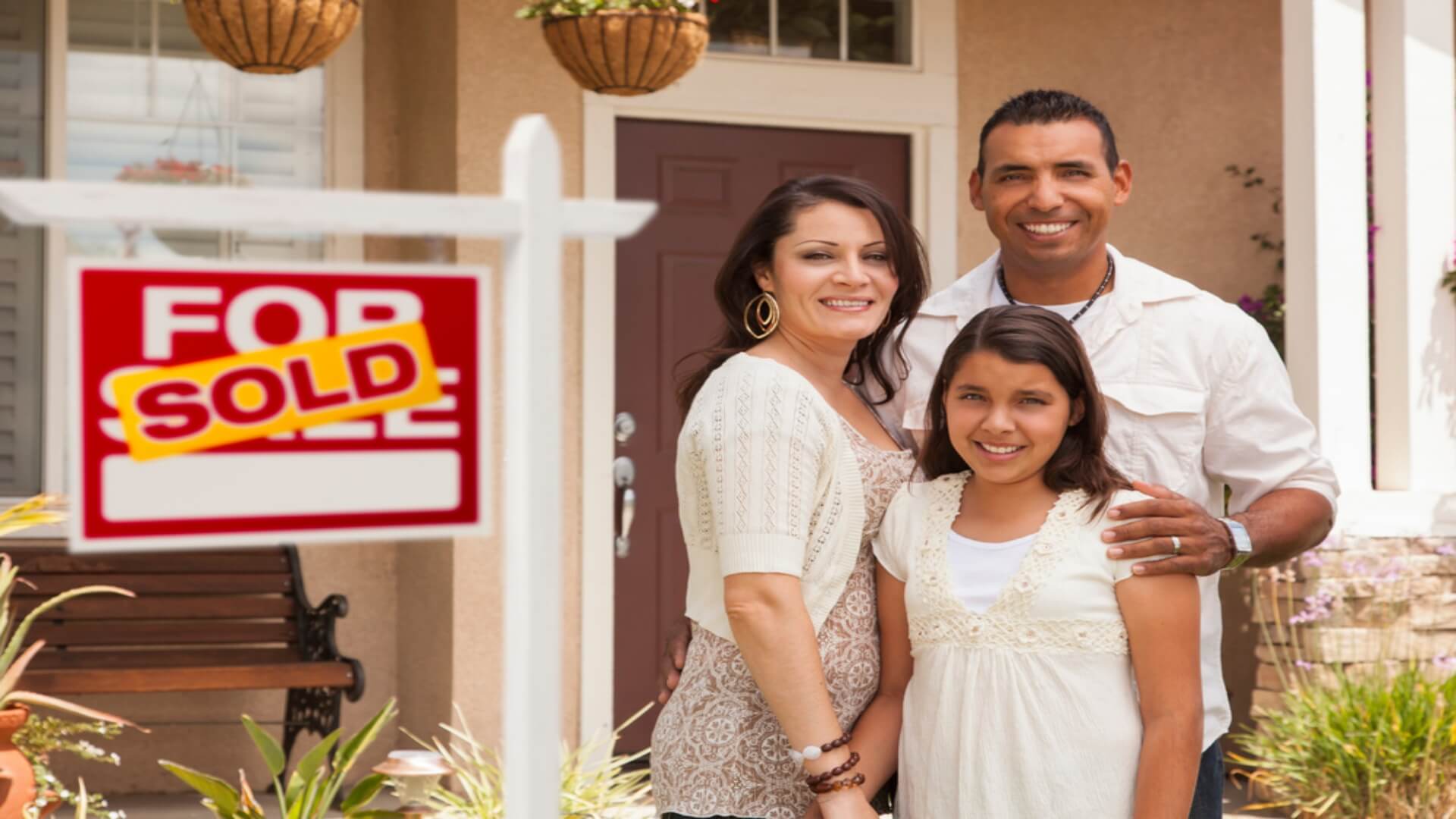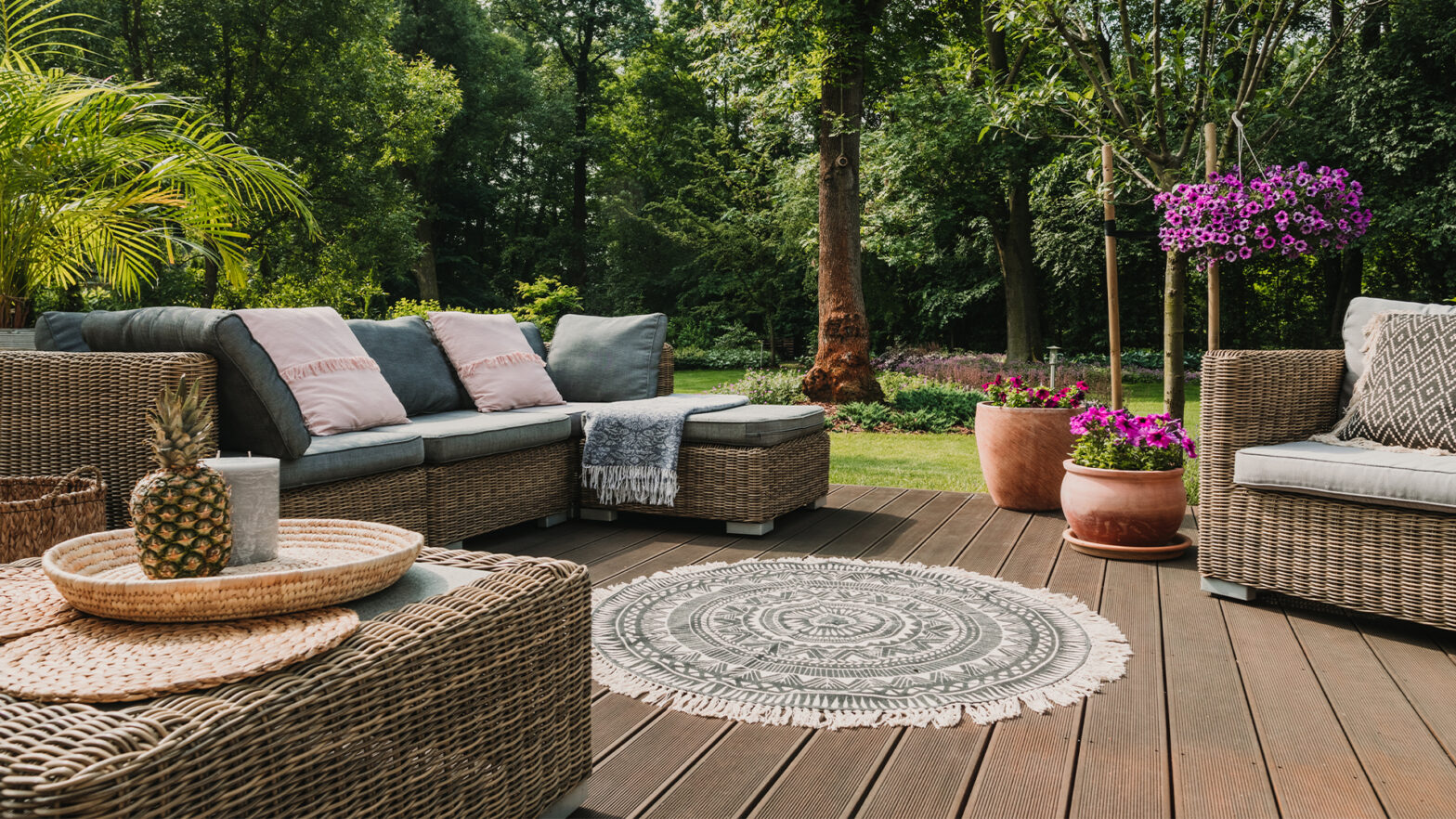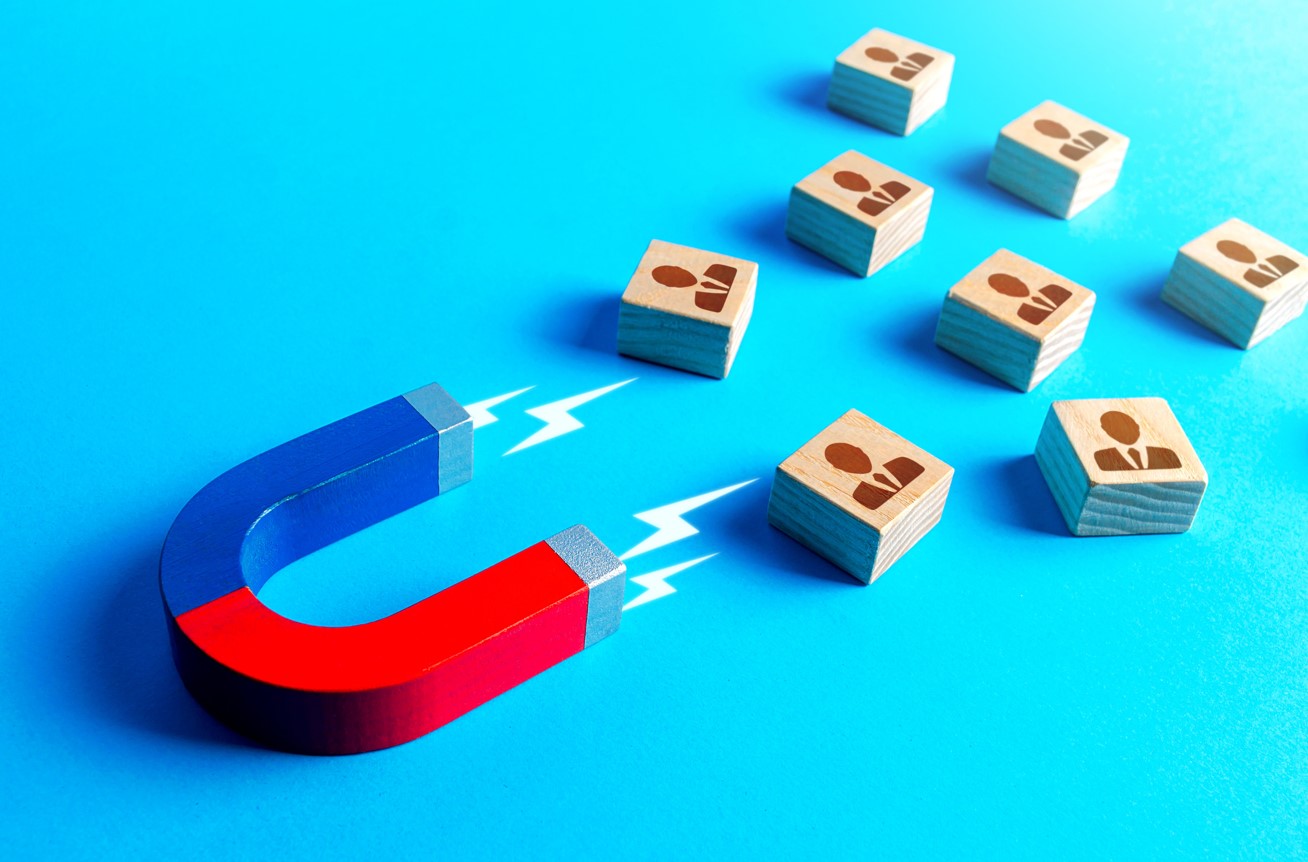Buying a house isn’t as simple as choosing the first house you find and then signing a contract. As a matter of fact, it could be one of the most complicated and time-consuming transactions you’d ever have to make. For you to set your priorities straight, have a helpful guide that lists down the necessary features a house should have to be perfect for you and your family.
When you’re aware of the important features to look for when buying a house, you can sieve through your options––eliminating houses that won’t work for you and comparing those that will. To help you get started, here are some important features to consider when you buy a house:
- Neighborhood
As you’re looking for the ideal location for your new home, you should assess the neighborhood, particularly if it’s family-friendly or not. Before getting committed to a specific house, visit the neighborhood during the day and night. If you have time to spare, you can also meet some of your potential neighbors to learn more about the facilities and other people in the area.
It’s in your best interest to refrain from living in an area filled with people who are involved in bad and illegal things. So, if you’re looking online for houses for sale in Manhattan, ensure that the house is surrounded by friendly neighbors.
Apart from being a safe place, you want to live in convenience wherein essential establishments like the grocery, hospital, and schools, among others are just a few minutes away. This lets you save on gas and time as you go about your daily routine.
- Your down payment options and loan approval numbers
Once you get pre-approval for a loan, it doesn’t necessarily mean that you can immediately buy a house. But the pre-approval amount will provide you with an idea regarding the type of mortgage you can handle, which makes this a crucial step. The mortgage approval number will also inform you about the down payment, which is typically around 20%, but the percentage will differ for some government Federal Housing Administration (FHA) loans and personal deals with the sellers.
Even if a particular house possesses everything you and your family need, it’s vital that you stay within your financial means. In other words, if you find a home that’s way over your loan pre-approval amount or you can’t afford the 20% down payment as cash, it’s best to find a new house.
- The house’s age
Another important feature to consider is the property’s age. An older home may have a specific appeal, but it’s highly possible that it requires repairs, upgrades, and improvements. Thus, if you’re interested in old houses, allocate some time and money for renovation projects.
Moreover, when buying an old house, you should also consider the building codes. A new one might be in effect, so check if the house you wish to buy complies accordingly or may need some modifications.
With old houses, safety is a concern. Even if compliant with existing building codes, it may be too dilapidated or structurally unsound.
- Finishing touches
Finishing details and touches, like the hardware and trim, can turn a simple home into something extravagant. With that said, you should assess a house’s finishing touches, such as the following:
- Custom window treatments
- Fireplace
- Tech updates, like smart thermostats and home security system
- Flooring
There are still plenty of finishing touches to consider, and you should reflect on the touches you and your family need before looking for a new house.
- Number of bedrooms
The number of bedrooms needed will vary for each family. Some families may like their kids to share bedrooms, while others want to have separate bedrooms for each family member. You can also find a house that has an additional bedroom that can be dedicated to guests. Additionally, an extra bedroom can also function as your home office, kids’ playroom, or home gym.
Takeaway
If you’re ready to become a homeowner, know the necessary steps to finding a house that matches your needs. As stated above, there are plenty of factors to consider––neighborhood, down payment options, age of the house, finishing touches, number of bedrooms, and more. Doing so assures that your investment won’t go down the drain when you choose a house that you won’t like after all.
By thinking about the features that you need in a home, you’ll have the mindfulness and awareness needed during the home buying journey.
References
- “12 Ways to Research a Neighborhood Before Buying a House”, Source: https://www.homewayre.com/blog/12-ways-to-research-a-neighborhood-before-buying-a-house/
- “How Much Do You Need For A Down Payment To Buy A House?”, Source: rocketmortgage.com/learn/how-much-down-payment-for-a-house
- “The Importance of Building Codes”, Source: hollydennisinteriors.com/single-post/2018/06/07/the-importance-of-business-codes



































